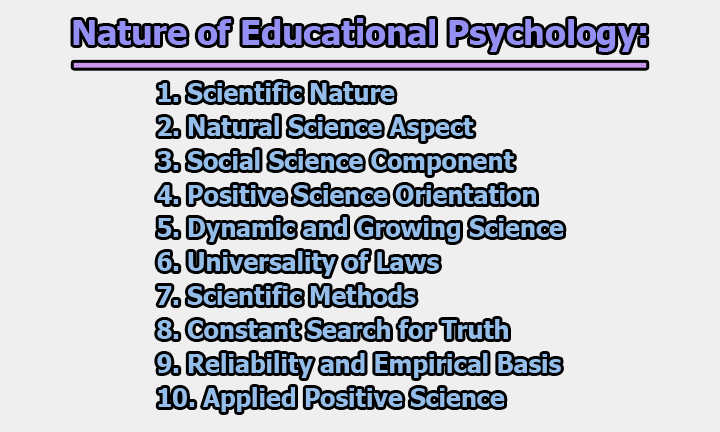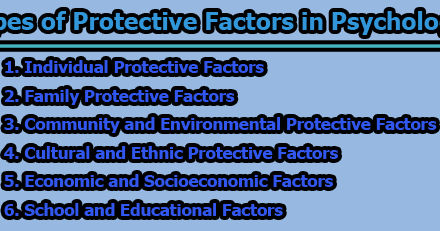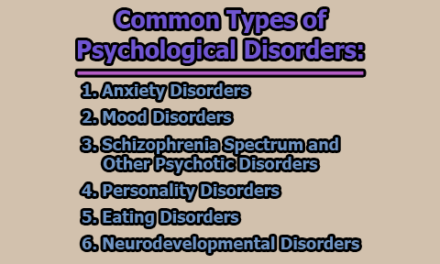Educational Psychology:
Human psychology is a complex subject that intrigues everyone, as it seeks to comprehend human behavior. Educational psychology is gaining significance due to ongoing research in education and psychology. In today’s teaching and learning practices, psychological principles play a crucial role. Theories and principles from psychology are increasingly influencing the field of education, allowing for the organized structuring of a student’s education based on our understanding of their behavior. Educational psychology specifically focuses on understanding issues related to education in general, and the process of teaching and learning in particular. It can be considered as an applied branch of general psychology. To gain a proper understanding of the meaning and nature of educational psychology, it is beneficial to explore a few definitions.
Meaning of Educational Psychology:
Educational psychology is a segment of psychology that focuses on understanding how learners behave in relation to their education. This specialized branch of psychology is dedicated to proposing ways to enhance the educational process and outcomes. It aims to empower teachers to effectively instruct and learners to efficiently grasp knowledge with minimal effort.
Educational psychology applies psychological insights to the realm of education, addressing human behavior within educational contexts. It systematically examines the development of individuals in educational settings, offering a scientific understanding of human behavior. This understanding allows education to be purposefully guided towards achieving life goals.
Definition of Educational Psychology:
According to C.E. Skinner, “Educational Psychology is the branch of psychology which deals with teaching and learning.”
According to Crow and Crow, “Educational psychology describe and explains learning experience of an individual from birth to old age.”
According to Kolesnik, “Educational psychology is the application of the findings and theories of psychology in the field of education.”
Needs of Educational Psychology:
The needs of Educational Psychology arises from various essential aspects, including:
1. Understanding Individual Differences: Educational Psychology helps in recognizing and comprehending the diverse characteristics and capabilities of both learners and teachers. This awareness is crucial for tailoring educational approaches to cater to the unique needs of each individual.
2. Exploring Attitudes: The study of attitudes, both of learners and teachers, is a key aspect. Educational Psychology delves into the attitudes people bring to the educational environment, providing insights into how these attitudes may influence the teaching and learning dynamics.
3. Assessing Aptitude and Potential: Educational Psychology is instrumental in assessing the aptitude and potential of both learners and teachers. This understanding aids in creating educational strategies that leverage individuals’ strengths and talents.
4. Examining Interests: Knowing the interests of learners and teachers is vital for creating engaging and motivating learning experiences. Educational Psychology explores these interests to enhance the relevance and effectiveness of educational methods.
5. Addressing Learner Problems: Identifying and understanding the challenges and problems faced by learners is a central focus. Educational Psychology aims to pinpoint obstacles to learning, allowing for targeted interventions and support to improve the overall educational experience.
6. Analyzing Teaching-Learning Processes: Educational Psychology plays a crucial role in dissecting the complexities of the teaching-learning process. By examining the cognitive, emotional, and social dimensions of this process, it provides valuable insights into how educators can enhance instructional methods and facilitate more effective learning outcomes.
Nature of Educational Psychology:
The nature of Educational Psychology can be outlined through several key characteristics:
1. Scientific Nature: Educational Psychology is firmly rooted in scientific principles, employing rigorous methods for the systematic study of human behavior in educational contexts. The field aims to understand, predict, and control behavior through empirical research and evidence-based practices (Ormrod, 2015). Researchers in educational psychology utilize objective measures, data collection, and analysis techniques to draw reliable conclusions about the factors influencing teaching and learning.
2. Natural Science Aspect: Educational Psychology shares similarities with natural sciences like physics and biology in its investigative approach. In line with these sciences, educational psychologists conduct experiments, collect data, and draw conclusions based on observable phenomena. This natural science aspect underscores the commitment to empirical methods, allowing for the objective examination of the learner’s behavior and cognitive processes (Woolfolk, Winne, & Perry, 2016).
3. Social Science Component: Educational Psychology is deeply rooted in the social sciences, paralleling disciplines such as sociology, anthropology, and political science. The field’s focus on human beings and their interactions within educational settings aligns it with the broader scope of social sciences. Understanding the social aspects of learning and the impact of educational environments on individuals are central themes within educational psychology (Santrock, 2019).
4. Positive Science Orientation: Educational Psychology takes on a positive science orientation, distinguishing itself from normative sciences like logic or ethics. Unlike normative sciences, which prescribe how things should be, educational psychology is concerned with understanding and analyzing facts as they are. Specifically, it investigates the behavior of learners within educational settings, providing insights into the actualities of the learning process (Eggen & Kauchak, 2019).
5. Dynamic and Growing Science: Educational Psychology is characterized by its dynamic and evolving nature, constantly engaged in new and progressive research. As research findings accumulate, educational psychologists gain deeper insights into the nature and behavior of learners. This ongoing development contributes to the continuous growth and refinement of the field (Woolfolk et al., 2016).
6. Universality of Laws: Educational Psychology is underpinned by universally accepted laws and principles governing the field. These laws provide a systematic and organized framework for understanding the complexities of educational psychology, contributing to a shared body of knowledge (Santrock, 2019).
7. Scientific Methods: Educational Psychology employs scientific methods to study learner behavior. These methods include observation, experimentation, clinical investigation, and generalization. By utilizing these rigorous scientific approaches, educational psychologists aim to gather reliable data and draw valid conclusions about the factors influencing the teaching and learning process (Ormrod, 2015).
8. Constant Search for Truth: Educational Psychology maintains a commitment to a constant search for truth. Research findings in this field are subject to ongoing scrutiny and revision based on the latest explanations and discoveries. This commitment ensures that the understanding of educational psychology continually evolves to reflect the most accurate and up-to-date insights (Santrock, 2019).
9. Reliability and Empirical Basis: Rejecting hearsay, Educational Psychology emphasizes the importance of an empirical basis. It asserts that there are definite causes linked with a behavior, and these causes are rooted in observable, empirical phenomena rather than relying on unverified claims or supernatural explanations (Eggen & Kauchak, 2019).
1o. Applied Positive Science: While not considered a fully developed positive science like natural or applied sciences, Educational Psychology is recognized as an applied positive science. It focuses on studying the behavior of learners within educational situations, applying scientific principles to improve educational practices and outcomes (Santrock, 2019).
In conclusion, Educational Psychology emerges as a dynamic and evolving scientific discipline with a multifaceted nature. Rooted in the systematic study of human behavior within educational contexts, this field employs scientific methods to explore individual differences, attitudes, aptitudes, interests, and the complexities of the teaching-learning process. As a natural and social science, Educational Psychology aligns itself with physics and sociology, emphasizing empirical observations and universal laws that govern the intricacies of educational dynamics. The positive science orientation underscores its focus on understanding educational facts as they are, rather than prescribing how they should be. With a commitment to ongoing research, a constant search for truth, and a reliance on empirical evidence, Educational Psychology continues to grow, providing valuable insights to enhance teaching practices and improve learning outcomes. Recognized as an applied positive science, its impact extends to the practical application of psychological principles to optimize the educational experience for learners and educators alike.
References:
- Eggen, P. D., & Kauchak, D. P. (2019). Educational Psychology: Windows on Classrooms (10th ed.). Pearson.
- Ormrod, J. E. (2015). Educational Psychology: Developing Learners (8th ed.). Pearson.
- Santrock, J. W. (2019). Educational Psychology (6th ed.). McGraw-Hill Education.
- Woolfolk, A. E., Winne, P. H., & Perry, N. E. (2016). Educational Psychology (6th ed.). Pearson.

Former Student at Rajshahi University










